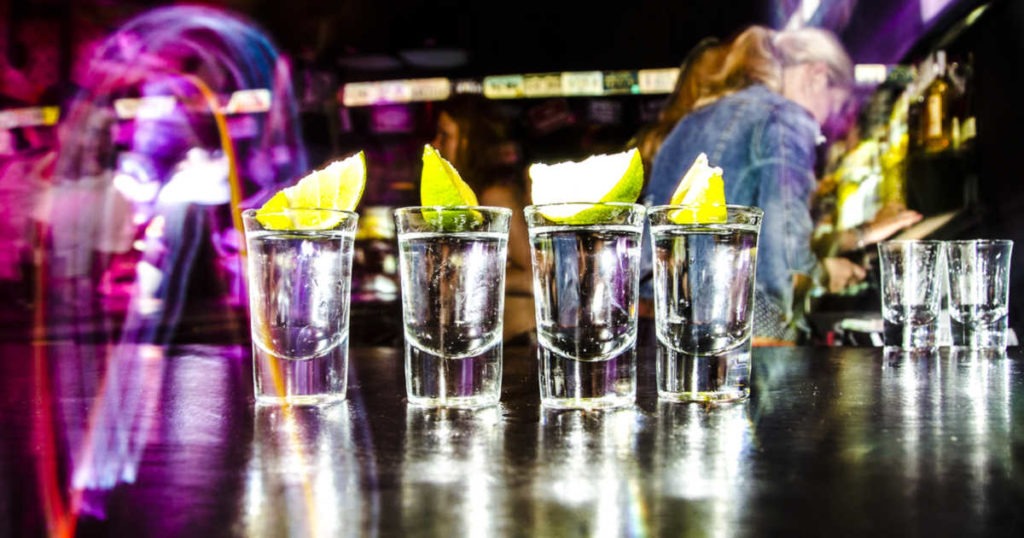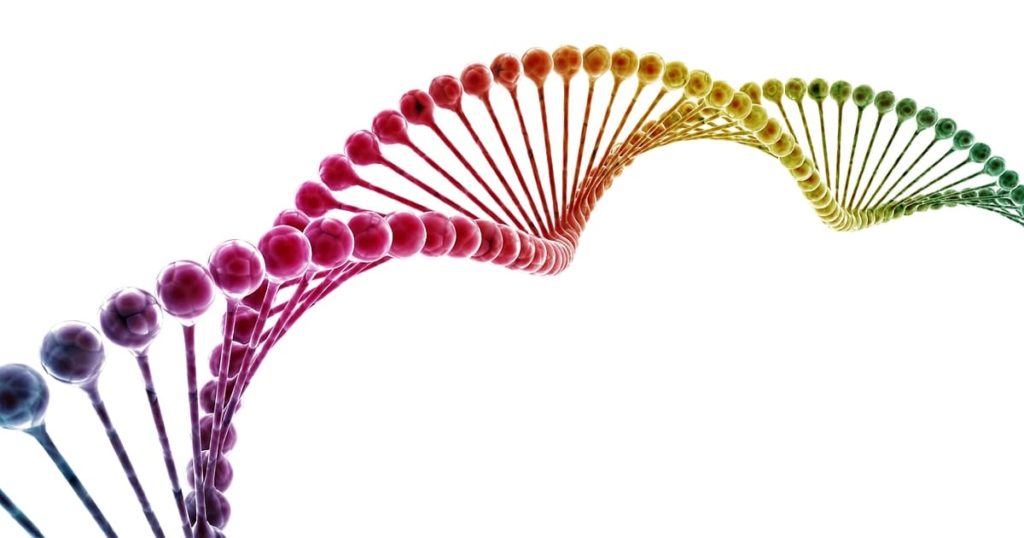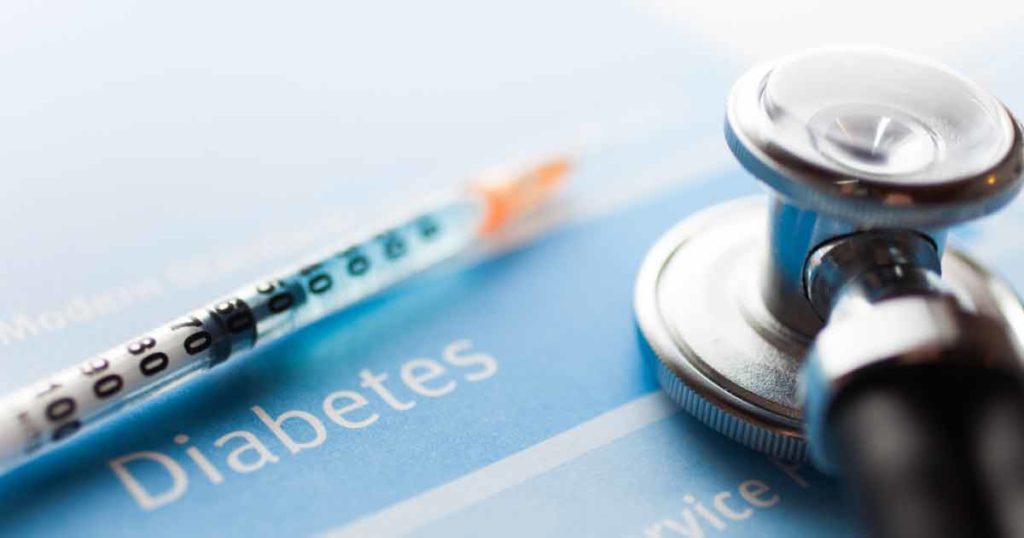Whether you participate in binge drinking or some other form of alcohol abuse, you can trigger both short- and long-term damage to systems throughout your body. One of the most dangerous potential consequences of long-term excessive drinking is liver damage. Liver damage from alcohol typically happens in three stages as the health of this crucially important organ gradually declines.
Initial Damage: No Symptoms
Your liver is the organ responsible for breaking down the alcohol you consume and eliminating it from your system. Damage occurs when you overwhelm the organ’s ability to adequately perform this vital function. Unfortunately, in the early stages of alcohol-related liver damage, you may experience no symptoms at all. This means that you may have no initial warning signs to tell you that the organ is in distress. You have a higher chance of not showing initial symptoms if your liver generally functions well before you start drinking heavily.
Early Symptoms
Eventually, you will start to experience symptoms of liver damage from alcohol as your heavy drinking continues. In the early stages, these symptoms commonly include:
- A notable decline in your normal energy level
- Stomach pain and/or nausea
- A declining appetite accompanied by reduced body weight
- The appearance of small, red “spider” veins on your skin
Later-Stage Symptoms
Your liver plays a role in a surprisingly large number of your basic body functions. This means that you can experience a range of symptoms as your heavy drinking takes an increasing toll on the organ’s health. Common examples of later-stage symptoms of liver damage from alcohol include:
- Unusually red skin on the palms of your hands
- Unexplained changes in your ability to think clearly
- Stools with a pale or clay-like color
- Swelling in your upper or lower extremities (i.e., edema)
- Swelling in your abdomen (i.e., ascites)
- Unusual susceptibility to bruising and bleeding
- Jaundice (yellowing of your skin, eye whites and/or mucous membranes)
Men with advancing, alcohol-related liver damage may also experience erectile dysfunction, unusual swelling of their breast tissues and/or testicle shrinkage. Your chances of experiencing both early- and later-stage symptoms of alcohol-related liver damage are highest right after you participate in a bout of heavy drinking. The symptoms you experience are key indicators of the development of diagnosable liver disease. You can potentially recover from the early stages of this condition if you obtain treatment for your drinking and make some other important lifestyle changes. However, advanced forms of liver disease can produce permanent damage, as well as a range of potentially fatal health complications. Resources U.S. National Library of Medicine – MedlinePlus: Alcoholic Liver Disease https://medlineplus.gov/ency/article/000281.htm American Liver Foundation: Alcohol-Related Liver Disease https://www.liverfoundation.org/abouttheliver/info/alcohol/






